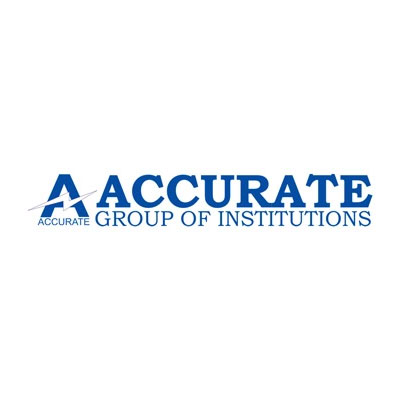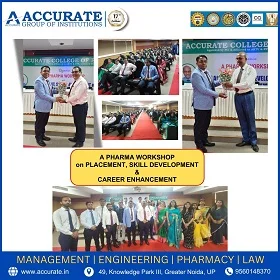As a student, exams can be one of the most stressful times of the academic year. It can be overwhelming to know how to study for an exam and retain the information effectively. However, there are proven strategies that can help you to study efficiently and effectively, which will ultimately lead to better grades and less stress. In this article, we will explore the best ways to study for exams and retain information.
Understand Your Learning Style
Each person has a distinct learning method that works best for them. Understanding your learning style is essential to study efficiently and effectively. Learning styles are divided into three types:
Visual Learners: People who learn best through visual aids such as diagrams, charts, and videos.
Auditory Learners: People who learn best through hearing and listening to lectures, podcasts, and discussions.
Kinaesthetic Learners: People who learn best through hands-on activities such as experiments, simulations, and role-playing.
Once you understand your learning style, you can tailor your study techniques to suit your needs. For example, if you are a visual learner, you may benefit from using mind maps, diagrams, and charts to organize your notes and study materials.
Create a Study Schedule
Creating a study schedule is essential to stay organized and manage your time effectively. A study plan should include the following things:
Exam dates: This will help you to plan your study sessions accordingly.
Study goals: Set achievable study goals for each session to keep yourself motivated.
Breaks: It's essential to take regular breaks to avoid burnout and keep your mind fresh.
Creating a study schedule will help you to prioritize your time and ensure that you are dedicating enough time to each subject.
Take Notes
Taking notes is an essential part of the studying process. It helps you retain information by engaging your mind actively in the learning process. Here are some tips for taking good notes:
1.Use abbreviations and symbols to save time.
2.Use headings and subheadings to organize your notes.
3.Summarize information in your own words to better understand the material.
Use Active Learning Techniques
Active learning is a teaching method that engages students in the learning process actively. Active learning techniques can help you to retain information better and make studying more enjoyable. Here are some active learning techniques you can try:
Flashcards: Create flashcards to memorize key terms and concepts.
Practice Tests: Practice tests can help you to identify areas where you need improvement and get comfortable with the format of the exam.
Group Study: Studying with a group can help you to stay motivated, exchange ideas and learn from your peers.

Get Enough Sleep
Getting enough sleep is essential to retain information effectively. When you sleep, your brain consolidates the information you have learned, making it easier to recall. Sleep deprivation can make it harder to focus and recall information. Aim to get at least seven hours of sleep per night, especially during exam season.
Eat a Healthy Diet
Eating a healthy diet is essential to keep your brain functioning at its best. Here are some foods that can help boost your brainpower:
Whole grains: Whole grains contain complex carbohydrates that provide your brain with a steady supply of energy.
Omega-3 fatty acids: Omega-3 fatty acids are essential for brain function and can be found in fish, nuts, and seeds.
Fruits and vegetables: Fruits and vegetables are rich in vitamins and antioxidants that can protect your brain from damage.
Minimize Distractions
Minimizing distractions is essential to staying focused during study sessions.
1. Turn off or silence your phone.
2.Use website blockers to limit access.
CONCLUSION
In conclusion, studying for exams can be a challenging and stressful experience, but with the right techniques and strategies, it can be a rewarding and successful process. Understanding your learning style, creating a study schedule, taking effective notes, using active learning techniques, getting enough sleep, eating a healthy diet, and minimizing distractions are all essential steps to help you study efficiently and retain information effectively. Remember to stay focused, stay motivated, and take breaks when you need them. By following these strategies, you can be well-prepared for your exams and achieve the grades you desire.



















